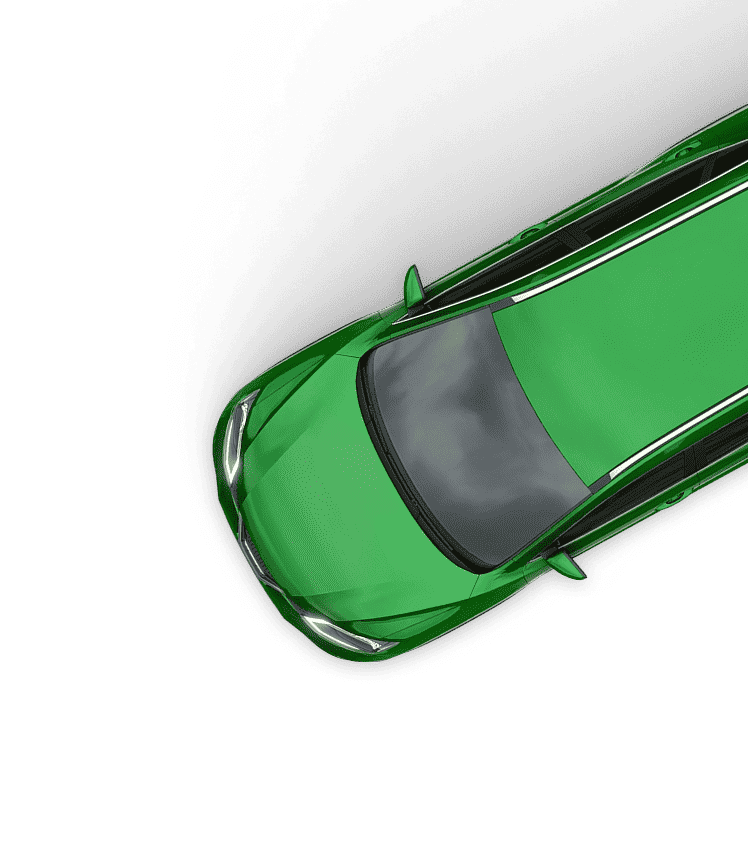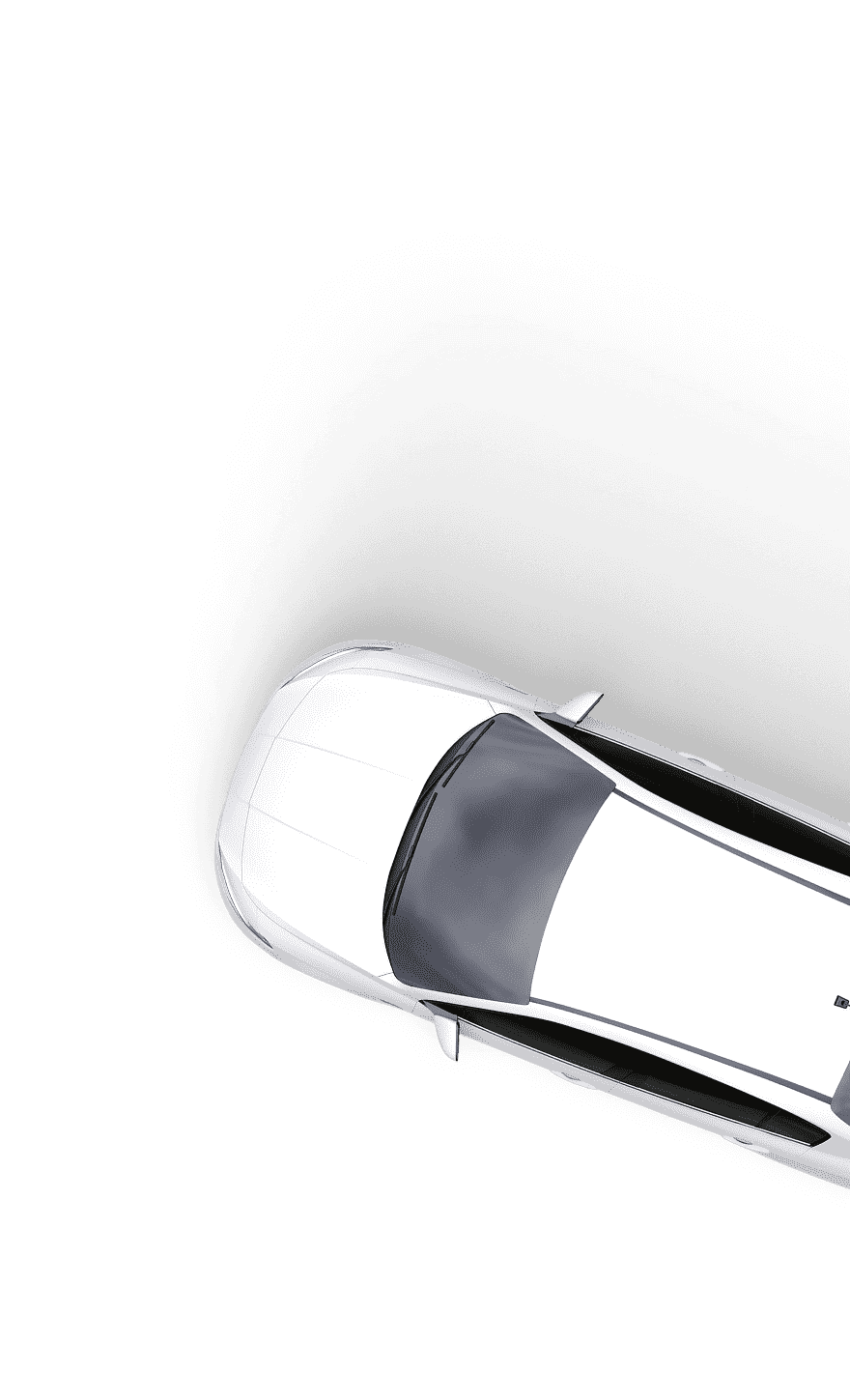What is an ATF (Authorised Treatment Facility)?
An Authorised Treatment Facility (ATF) is a government-approved scrapyard that’s licensed to depollute, dismantle, and recycle end-of-life vehicles in line with the UK’s strict environmental standards.
They follow rules set out under the Environmental Permitting Regulations and the End-of-Life Vehicles (ELV) Directive to ensure hazardous materials like oils, batteries, and fluids are safely removed before the car is crushed or recycled.
When you scrap your car, using an ATF is a legal requirement. Only an ATF can issue a Certificate of Destruction (CoD), which confirms your vehicle has been scrapped correctly and your ownership responsibilities have ended.
In this quick guide, I’ll walk you through how ATFs operate, what they do with your vehicle and why they’re essential to the UK’s vehicle recycling system.
How does an Authorised Treatment Facility scrap a car?
When your scrap vehicle goes to an Authorised Treatment Facility, it will be taken through a rigorous dismantling and depollution process.
This process begins with the issuing of a Certificate of Destruction (CoD). Every ATF has access to the DVLA’s online system; so, when it is decided that a vehicle will be depolluted and scrapped, a COD is generated - proving that the vehicle has reached its end of life.
When the official paperwork has been handled, authorised scrap dealers must then depollute the car. This is an in-depth and labour-intensive process that involves the removal of:
- Fuel
- The battery
- The catalytic converter
- Oils – including engine, gearbox, transmission, and hydraulic oils
- Fluids – including coolant, anti-freeze, brake fluid, air-con gas, shock-absorber fluid, and screen wash
- Oil filters
- Wheels, tyres, and any lead wheel balancing weights
- Parts containing mercury – such as switches
- Parts containing explosive materials – such as airbags and seatbelt tensions
When these materials and liquids have been removed, it is the responsibility of the authorised treatment facility to ensure they are reused, recycled, stored or disposed of appropriately.
Can you scrap a car at a scrapyard that is not registered as an ATF?
The answer is no. You can never, under any circumstances, legally scrap your car at a scrapyard that is not registered as an ATF. Only ATFs have the environmental permits and government approval required to depollute and dismantle vehicles safely.
Scrapping at a non-ATF yard carries several risks and potential legal consequences:
- You’ll remain the registered owner. Without a Certificate of Destruction (CoD), the DVLA still considers you responsible for the car. You’ll then be held liable for future fines, tax, insurance and even crimes committed with the vehicle.
- You could face legal penalties. Selling or scrapping your car through an unlicensed yard breaches environmental regulations, which can lead to fines and prosecution.
- Your car may be disposed of illegally. Hazardous materials like oil, coolant and batteries might be dumped or burned, which seriously harms the environment.
- You could be scammed. scrap car scams are rife! Fraudulent buyers might offer cash for scrap, take your car and never complete the DVLA paperwork, leaving you exposed to ongoing liability.
My advice: Before agreeing to scrap your car, always confirm the scrapyard is ATF-registered. You can do this by checking the Environment Agency’s public register in England or the equivalent authority in your region: SEPA in Scotland, NRW in Wales and DAERA in Northern Ireland.
What are the benefits of using an ATF for car scrapping?
Scrapping your car at an ATF is better for you and the environment because it guarantees the entire process is handled safely, legally and responsibly. You know your car is dismantled the right way, and you’re fully protected from future problems or liabilities.
Broadly speaking, there are five things that make ATFs the right choice:
- Safe and legal disposal of cars: Every ATF operates under an environmental permit issued by the Environment Agency (or its equivalent). They follow the End-of-Life Vehicles (ELV) Regulations, which cover everything from draining engine oil, brake fluid and coolants to safely removing batteries, airbags and tyres. Hazardous materials are stored and treated in approved containment systems before being sent to licensed waste processors.
- Proper recycling of car parts: ATFs recover reusable metals, catalytic converters and components and send them for reprocessing or resale. The remaining materials are separated by type: ferrous metals (like steel), non-ferrous metals (such as aluminium and copper) and other elements like plastics, glass and foams.
- Prevention of environmental damage: Controlled storage and disposal practices prevent pollutants like oils and coolants from leaking into the ground or waterways. And while ATFs are legally required to reuse or recycle at least 85% of every vehicle by weight, everyone in our nationwide scrap network aims for at least 95%.
- Protection for the car owner: Once your car is dismantled, you’ll receive a Certificate of Destruction (CoD) from the DVLA. It’s your legal proof that the vehicle has been scrapped correctly and that your responsibility for it has ended. Like I said earlier, that protects you from fines and legal issues.
- Convenience and peace of mind: When you scrap your car through our ATF network, we handle everything for you: DVLA paperwork, free same/next-day collection and instant bank transfer (compliant to the Scrap Metal Dealers Act 2013). The process is fast, transparent, hands-off and 100% above board.
What are the standards and regulations for ATFs?
Authorised Treatment Facilities have to meet strict UK standards to operate legally. These rules are there to make certain every car gets dismantled safely, hazardous materials are handled correctly and recycling targets are consistently met.
- ATF licensing and compliance requirements: Every ATF must hold an environmental permit from the Environment Agency in England, SEPA in Scotland, NRW in Wales or DAERA in Northern Ireland. To get and keep this licence, they have to prove to regulators they have proper facilities, trained staff and waste-handling systems to manage scrap cars safely.
- Environmental and safety regulations: ATFs must follow the Environmental Permitting Regulations and Health and Safety Executive (HSE) standards to protect workers, the public, and the environment. They’re required to store oil, coolant and fuel in leak-proof containers, remove batteries and airbags safely and use spill prevention systems.
- Inspection and certification of ATFs: To comply, environmental agencies regularly come by to inspect ATFs. They’ll check everything from pollution controls and waste storage areas to staff training and documentation accuracy. Only facilities that consistently meet all requirements stay certified and listed on official public registers.
- Documentation and record keeping: ATFs issue a Certificate of Destruction for every scrapped vehicle and record its details with the DVLA. They’re required to maintain accurate logs of every vehicle they receive, depollute, dismantle and recycle for at least 3 years.
What is the role of the Environmental Agency in ATF operations?
The Environment Agency (EA) regulates and oversees Authorised Treatment Facilities across England. It ensures these facilities meet the highest environmental and safety standards throughout the car recycling process. Equivalent agencies carry out the same duties in Wales, Scotland and Northern Ireland.
Here’s a closer look at what they’re actually responsible for:
- Ensuring compliance with environmental laws: The EA enforces the UK’s environmental laws and certifies every facility operates within its licence conditions.
- Conducting regular inspections of ATFs: They carry out both scheduled and surprise inspections to check that ATFs maintain safe working practices, proper waste handling and accurate record keeping.
- Enforcing penalties for non-compliance: When a facility breaches environmental laws or permit conditions, the EA has the authority to issue warnings, fines and licence revocations, and can even shut down a non-compliant facility.
- Providing guidance and support to ATFs: They also offer training materials, compliance updates and advice on best environmental practices to promote sustainable vehicle recycling across the UK.
How to become an Authorised Treatment Facility
If you hope to become involved with the dismantling of vehicles, it’s essential you follow government guidelines on how to do so; if you don’t, you could find yourself subject to prosecution.
Not only will you be required to follow strict ATF duties, but you must also abide by a series of further waste rules. These will include hazardous waste regulations (for instance, when you have not been able to depollute a car accordingly), and more general commercial waste rules (when non-recyclable parts of the car are disposed of).
- In England, there are further responsibilities to fulfil if you hope to treat end-of-life vehicles at your site, including:
- Obtaining planning permission from your local council
- Receiving the correct environmental permit for the specific treatments carried out on your site
- Acquiring a scrap metal dealer’s licence from your local council
For further information on how to handle, dismantle, and dispose of ELVs on your site, you should contact the Environment Agency and explain that you’d like to begin the process involved with achieving ATF registration.
Where is my nearest authorised treatment facility?
If you’re hoping to find an ATF near you; you have a series of options. If you have a car that you’d like to scrap, the very best way to find an ATF is to request a quote from us here at Car.co.uk!
When you do, we won’t just provide you with 1 option; we’ll help you to get in touch with each of the local authorised scrap dealers who have quoted for your car; so you can select the one that’s right for you.
We only deal with accredited authorised treatment facilities; so, you can be sure that your car is being dealt with in a way that meets government regulations relating to the environment.
For a comprehensive list of ATFs, including addresses and permit numbers, you can access the Environment Agency’s ATF public register list.






